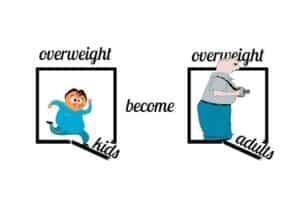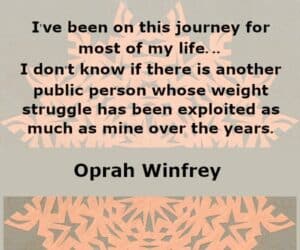Questions Cost Money and So Do Answers

This little side project focusing on financial costs will look back, starting from about 15 years ago, and notice some of the many and varied expenses associated with obesity. The citations will not be comprehensive but representative, pointing out examples of the many different ways in which global obesity costs a planetary fortune.
To pluck from history a random example in the 2010 news, “Battelle, universities win $72.5M to end childhood obesity” was the headline of a story about the awarding of $23 million by the National Heart, Lung and Blood Institute to Battelle’s Health and Life Sciences Global Business, and of $49.5 million to be shared among five universities, from which investigators would…
[…] collaborate with local, state and national organizations to test long-term interventions through several levels of influence — community youth organizations, schools, primary care providers, home and families.
The Battelle grant was also allotted for the same purpose — to study the effectiveness (or lack thereof) demonstrated by community programs in preventing childhood obesity. At the time, 17% of America’s children and teens were reckoned to be obese. In pursuit of a solution to this ever-growing problem, a lot of money is spent in the halls of academia, every year, by many of the world’s more solvent countries, and there is nothing wrong with that.
At around the same time, the University of Minnesota received a $7 million federal grant to create a childhood obesity center to influence the habits of hundreds of preschool children, while Oregon State University received $5 million from the National Institute for Food and Agriculture, with which to “develop strategies to combat rural childhood obesity nationwide.”
Intense curiosity
As promised, this financial curiosity is not even limited to the United States. In 2011, in Canada, the Toronto Area Research Group initiated a study (nicknamed TARGet Kids), which is not as sinister as the terminology implies. Its structure, being based on the already established network of family clinics, promised the continuity and integrity that is essential to meaningful record-keeping.
Apparently, a child is expected to show up for more than a dozen doctor visits before their sixth birthday. For their own good, and for the benefit of society, the system tracks every physical manifestation, including weight, waistline, and BMI. It set out, as one researcher clarified, to “define parameters of what normal is” — in the face of a new, pervasive, and potentially very damaging reality.
More than 700 children entered the database. By the two-year mark, 3,500 were involved. The people who ran the study were particularly interested in kids’ relationships with electronic screens. They already knew a lot about older children, but very little about the youngest ones. Already clear, however, was the close association between screen viewing time and the tendency to gain weight.
Of course, there is an upside. Such close observation and frequent contact also facilitate the ability to notice when a child is heading in a bad direction. Along with that comes another advantage: the likelihood that if a pediatrician spots the need for a behavioral change, it can be implemented on the spot.
Knowledge about how this or any particular program actually works contributes to increased awareness of how much it costs, and about how much it is likely to cost moving forward; information that is increasingly vital.
Your responses and feedback are welcome!
Source: “Battelle, universities win $72.5M to end childhood obesity,” MedCityNews.com, 09/09/10
Source: “U aims to head off childhood obesity,” StarTribune.com, 09/09/10
Source: “OSU wins $5 million grant for rural childhood obesity research,” GazetteTimes.com, 01/13/11
Source: “Doctors target roots of childhood obesity,” ParentCentral.ca, 05/05/11
Image by Quince Creative/Pixabay










 FAQs and Media Requests:
FAQs and Media Requests: 











